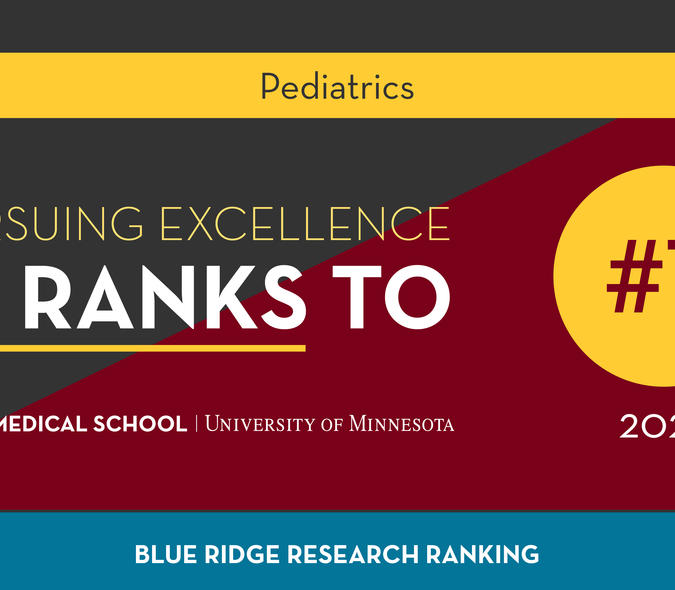University of Minnesota Medical School researchers develop two new rapid COVID-19 diagnostic tests
As COVID-19 vaccine rollout continues, vaccines for the general public may not be available until months from now. Until this point is reached, mitigating the spread of COVID-19 through more efficient testing of the general public is crucial. A team of researchers at the University of Minnesota, lead by Mark Osborn, PhD, Assistant Professor in the Division of Pediatric Blood and Marrow Transplant & Cellular Therapy, have recently developed two new diagnostic tests that utilize CRISPR/Cas9 technology to help diagnose and detect COVID-19.
The first test is a rapid diagnostic test that can differentiate between strains of the virus. The test requires no specialized equipment and can generate results in around an hour of time. The second test is aimed at differentiating the Coronavirus from other common illnesses. Researchers can use the sample from the test to differentiate between COVID-19, influenza A, influenza B, and respiratory syncytial virus, all of which have similar symptoms. This test could potentially reduce the spread of COVID due to mistaking the virus for other illnesses that are less contagious and dangerous. Again, this test takes about an hour to complete, so both tests could be used for more rapid and accurate testing. Currently, Dr. Osborn, Jakub Tolar, MD, PhD, Dean of the Medical School and Vice President of Clinical Affairs, and the Institute of Engineering in Medicine are working on plans to provide these new tests to medical facilities in hopes of using these more rapid methods to prevent the unintentional and indirect spread of the virus. To read more about Dr. Osborn and colleagues’ work and the newly developed diagnostic tests, follow this link.

